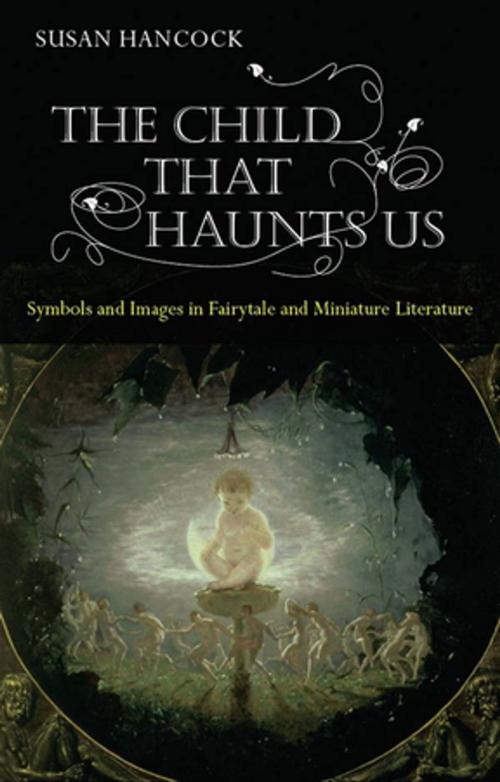The Child That Haunts Us
Symbols and Images in Fairytale and Miniature Literature
Nonfiction, Health & Well Being, Psychology, Mental Health, Fiction & Literature, Anthologies| Author: | Susan Hancock | ISBN: | 9781317723707 |
| Publisher: | Taylor and Francis | Publication: | February 4, 2016 |
| Imprint: | Routledge | Language: | English |
| Author: | Susan Hancock |
| ISBN: | 9781317723707 |
| Publisher: | Taylor and Francis |
| Publication: | February 4, 2016 |
| Imprint: | Routledge |
| Language: | English |
The Child That Haunts Us focuses on the symbolic use of the child archetype through the exploration of miniature characters from the realms of children’s literature.
Jung argued that the child archetype should never be mistaken for the ‘real’ child. In this book Susan Hancock considers how the child is portrayed in literature and fairytale and explores the suggestion from Jung and Bachelard that the symbolic resonance of the miniature is inversely proportionate to its size.
We encounter many instances where the miniature characters are a visibly vulnerable ‘other’, yet often these occur in association with images of the supernatural, as the desired or feared object of adult imagination. In The Child That Haunts Us it is emphasised that the treatment by any society, past or present, of its smallest and most vulnerable members is truly revealing of the values it really holds.
This original and sensitive exploration will be of particular interest to undergraduate and postgraduate students as well as academics engaged in Jungian studies, children’s literature, childhood studies and those with an interest in socio-cultural constructions of childhood.
The Child That Haunts Us focuses on the symbolic use of the child archetype through the exploration of miniature characters from the realms of children’s literature.
Jung argued that the child archetype should never be mistaken for the ‘real’ child. In this book Susan Hancock considers how the child is portrayed in literature and fairytale and explores the suggestion from Jung and Bachelard that the symbolic resonance of the miniature is inversely proportionate to its size.
We encounter many instances where the miniature characters are a visibly vulnerable ‘other’, yet often these occur in association with images of the supernatural, as the desired or feared object of adult imagination. In The Child That Haunts Us it is emphasised that the treatment by any society, past or present, of its smallest and most vulnerable members is truly revealing of the values it really holds.
This original and sensitive exploration will be of particular interest to undergraduate and postgraduate students as well as academics engaged in Jungian studies, children’s literature, childhood studies and those with an interest in socio-cultural constructions of childhood.















